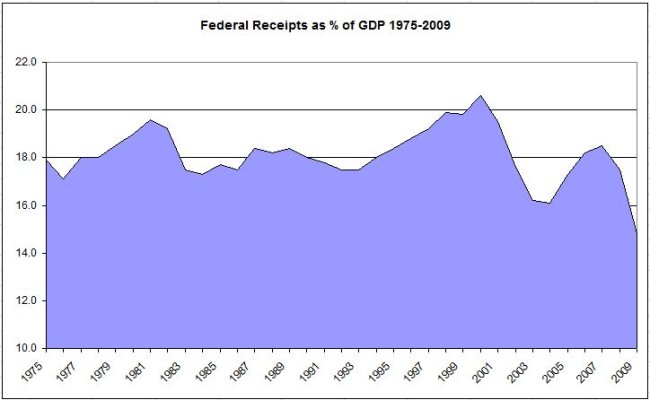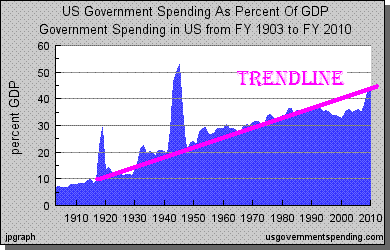audreyh1
Give me a museum and I'll fill it. (Picasso) Give me a forum ...
That's what I got from the article - that cap gains rate would go from 15% to 22.9% in 2011. The long-term cap gains rate was already scheduled to increase to 20% in 2011 due to the expiration of the GW Bush tax cuts.Does anybody know if the medicare tax would apply to capital gains?
Thinking that this could alter investor preference for c.g. over dividends, and perhaps even firm's earnings retention policy.
Guess its good I have managed to accrue so many years of loss carry forwards, the value of which seems destined to go only straight up!
Audrey


